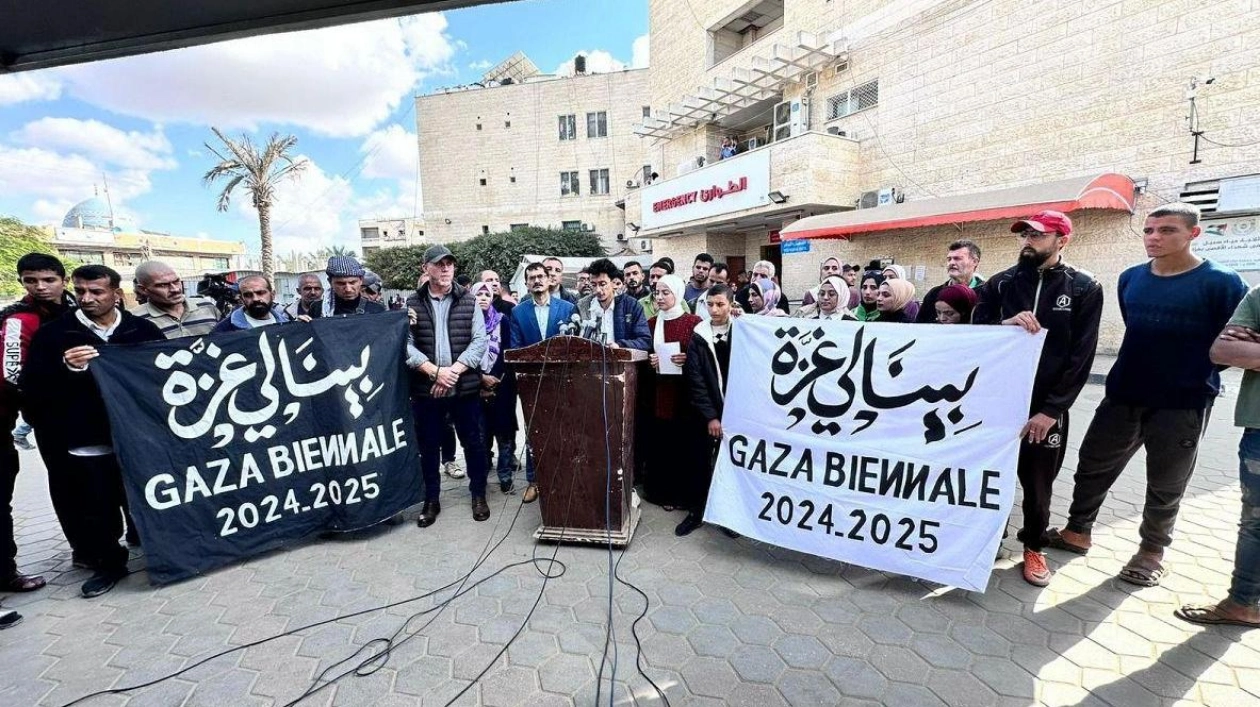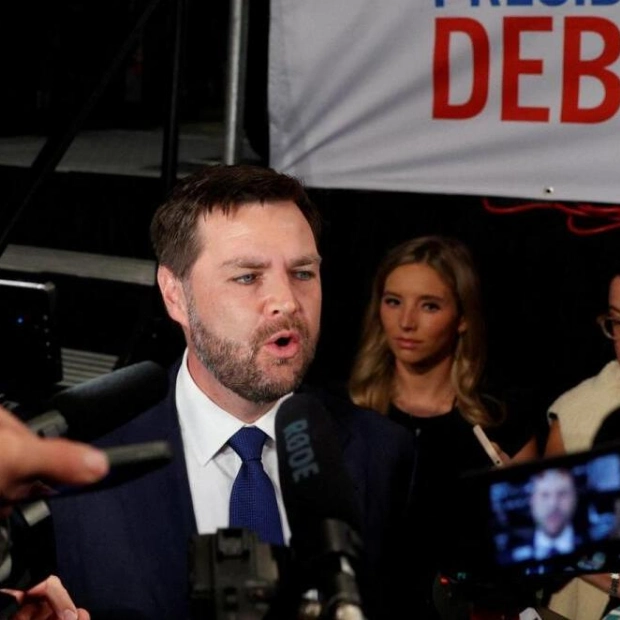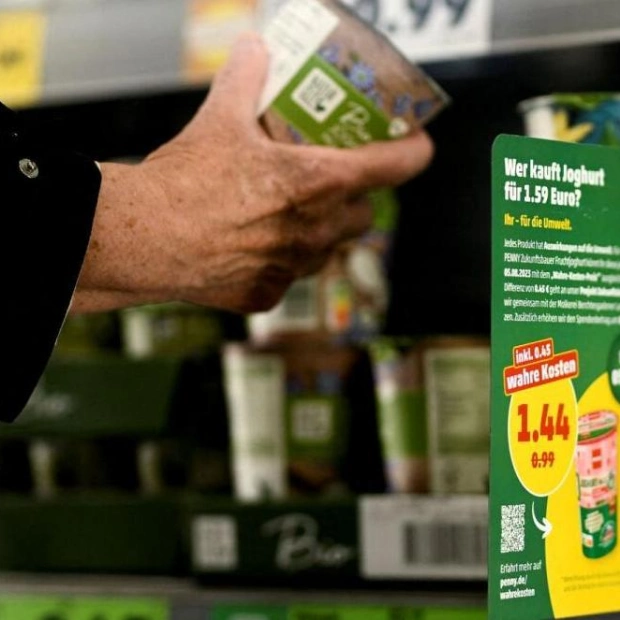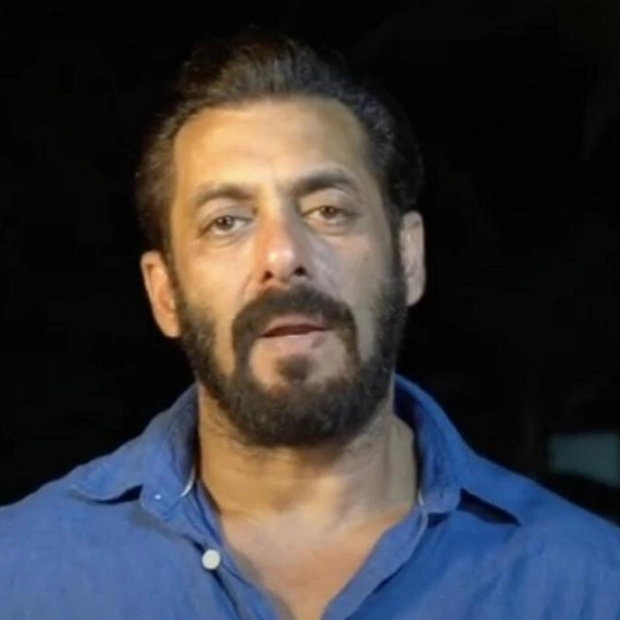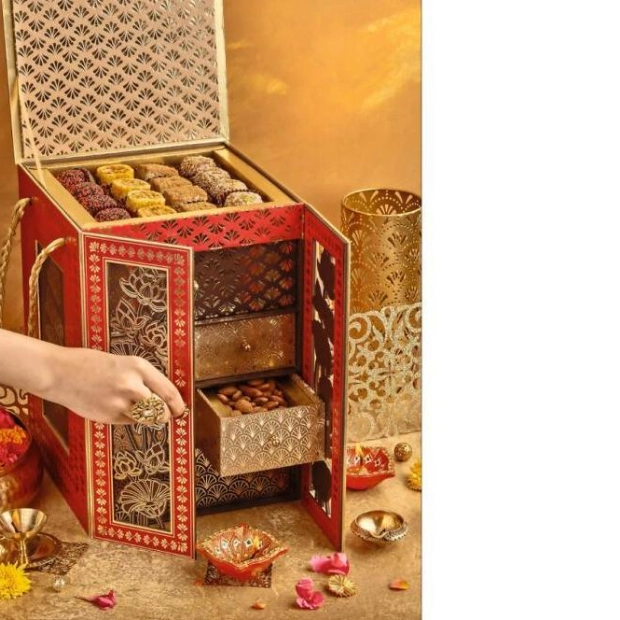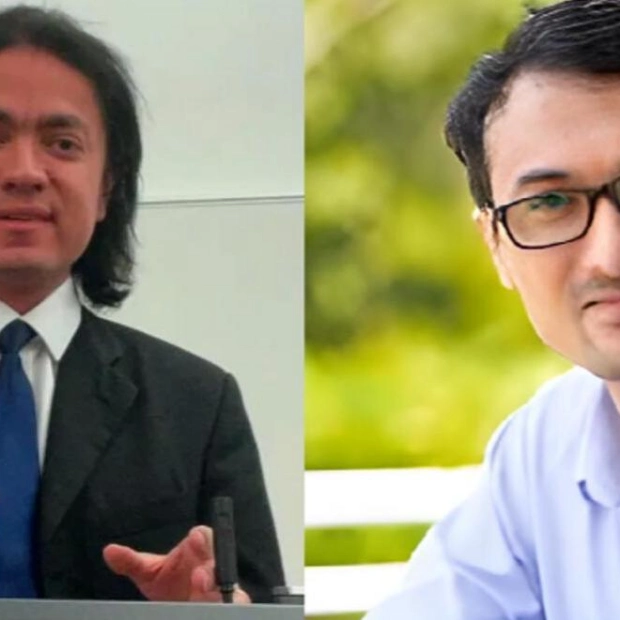Palestinian artists in Gaza have revealed plans to organize a 'biennale' exhibition as a form of resistance against Israel’s ongoing military aggression. A press release states that more than 40 artists are participating in this initiative, which asserts that “Palestinian art transcends all besieged territories.” They intend to display their work within the conflict-ridden coastal region and are reaching out to international galleries to host exhibitions globally. However, a major hurdle lies in transporting their art across the Israeli blockade to reach a global audience.
According to The Guardian, approximately one-fourth of the participating artists managed to cross into Egypt earlier in the conflict. For those still in Gaza, some are planning to send their artworks via aid workers who are occasionally allowed to cross the border. Others will share their work electronically, through images and videos, while a few will collaborate with artists in the West Bank to recreate their pieces remotely.
“The most significant artistic events worldwide are known as biennales, featuring the world’s foremost artists addressing the most critical issues through their art. For us, the most important artists today are those from Gaza,” explained a 26-year-old artist from Khan Younis, one of the initiative’s leaders, to The Guardian. The term “biennale” also symbolizes resilience, implying that Gaza and its artistic community will endure for at least two more years.
In a manifesto launching the Gaza Biennale, the artists described the “urgent and extraordinary event” as “a creative departure from conventional exhibition formats.” The statement emphasizes not only the “sensitivity and uniqueness of our situation” but also “the struggle of a people to survive.”
The Guardian interviewed artist Rufaida Sehwail, who lost 17 years of artistic work and a library of nearly a thousand books when her home was bombed in October last year. She views the Biennale as a defiant act. “Creating art amidst war and oppression in Gaza is not merely a creative act; it is a form of resistance and survival,” she said. “While Israel aims to erase life and culture in Gaza, my persistence in art demonstrates that life continues, and the Palestinian identity will not be erased.”
Despite the project’s early stages and numerous challenges, Shatat remains hopeful. “All the artists’ works will be seen,” she told The Guardian. “They will break through barriers, borders, and laws, and the entire world will witness them. This is the power of art.” In addition to seeking support from overseas galleries, the Gaza Biennale has initiated a crowdfunding campaign.
Source link: https://www.euronews.com
